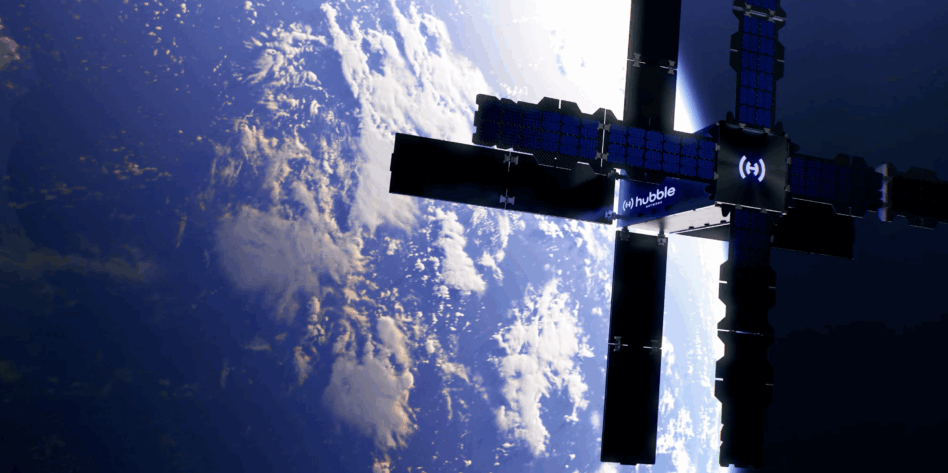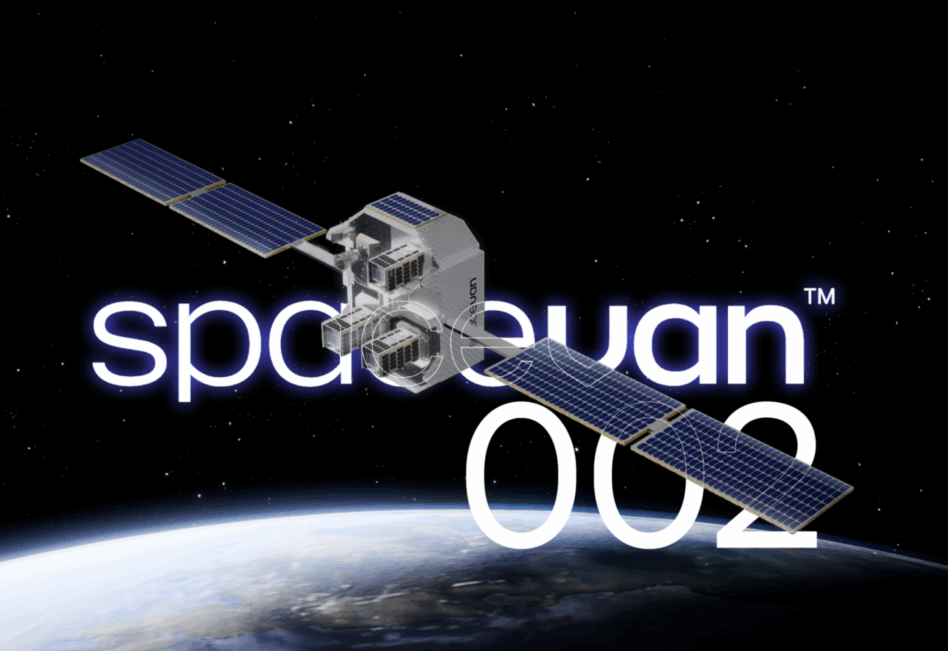Hubble Network, the startup building a global constellation of Bluetooth tracking satellites, announced a $70M Series B today.
The round brings Hubble’s total funding to $100M, and includes funds from Y Combinator, Ryan Swagar and Tom Gonser from DocuSign, Mike Farley from Tile, Marc Weiser from RPM Ventures, and Tuff Yen from Seraph Group.
How it works: Hubble’s vision for its Bluetooth Finding Network was validated in 2024 when the company first demonstrated the ability to detect a Bluetooth signal from space.
The technology works by changing the way that Bluetooth devices transmit a signal: instead of sending lots of data over short distances, Hubble’s customers send lower-volume location data that can be picked up from Hubble’s powerful space-based antennas.
The idea is to provide customers with asset tracking capabilities using Bluetooth enabled devices that require less battery power, lower investment, and minimal new hardware than the cellular alternative.
The company has seven satellites in orbit, each with 100+ antennas to detect Bluetooth signals. Hubble’s goal is to build a constellation of 60 Bluetooth tracking sats, each with thousands of antennas to detect Bluetooth signals anywhere on Earth, offering customers real-time location data everywhere from shipping lanes to inside warehouses.
Ramp up: Hubble has more than ten pilot customers, each with millions of devices connected to the IoT network, and the new funds will help Hubble expand its customer base to include billions of connected devices.
The company’s plan is to complete the entire constellation by 2028. Hubble has partnered with Muon Space to fly future satellites on Muon’s 500 kg-class XL spacecraft.
CEO Alex Haro told Payload that the full constellation would cost about $100M to build, launch, and operate.
“This new funding allows us to move from proving what’s possible to scaling a global network that will power the next generation of connected devices,” Haro said in a statement.





